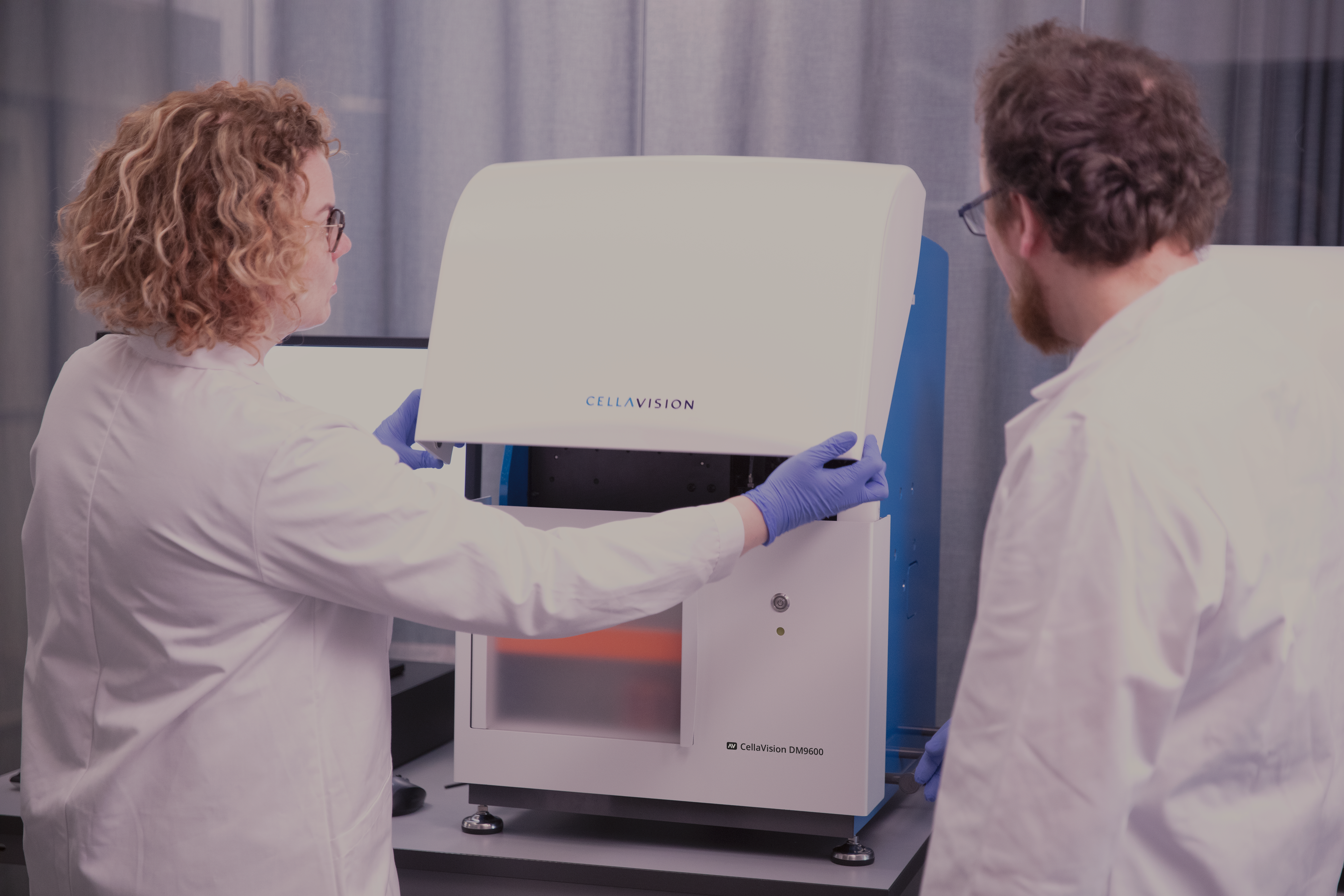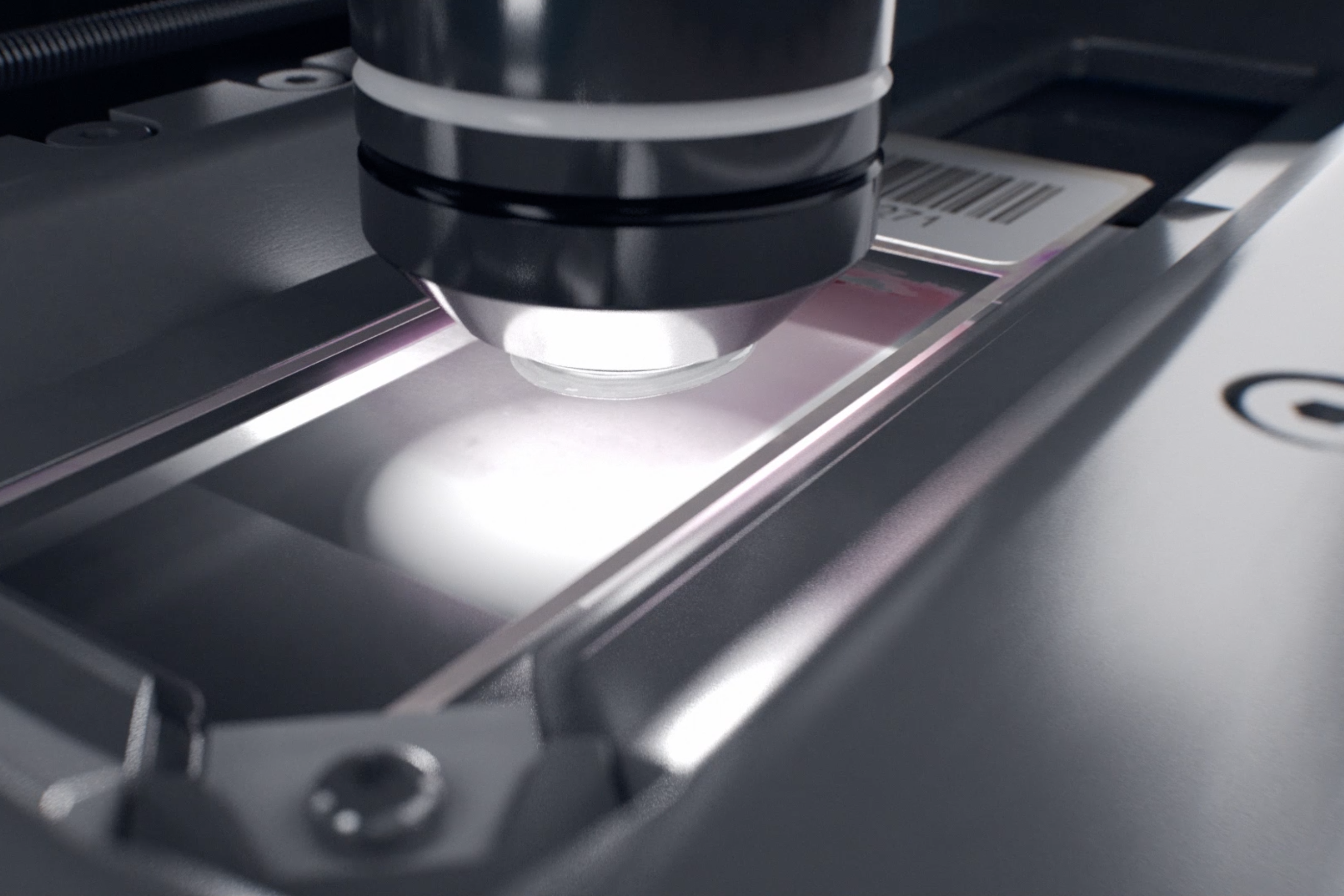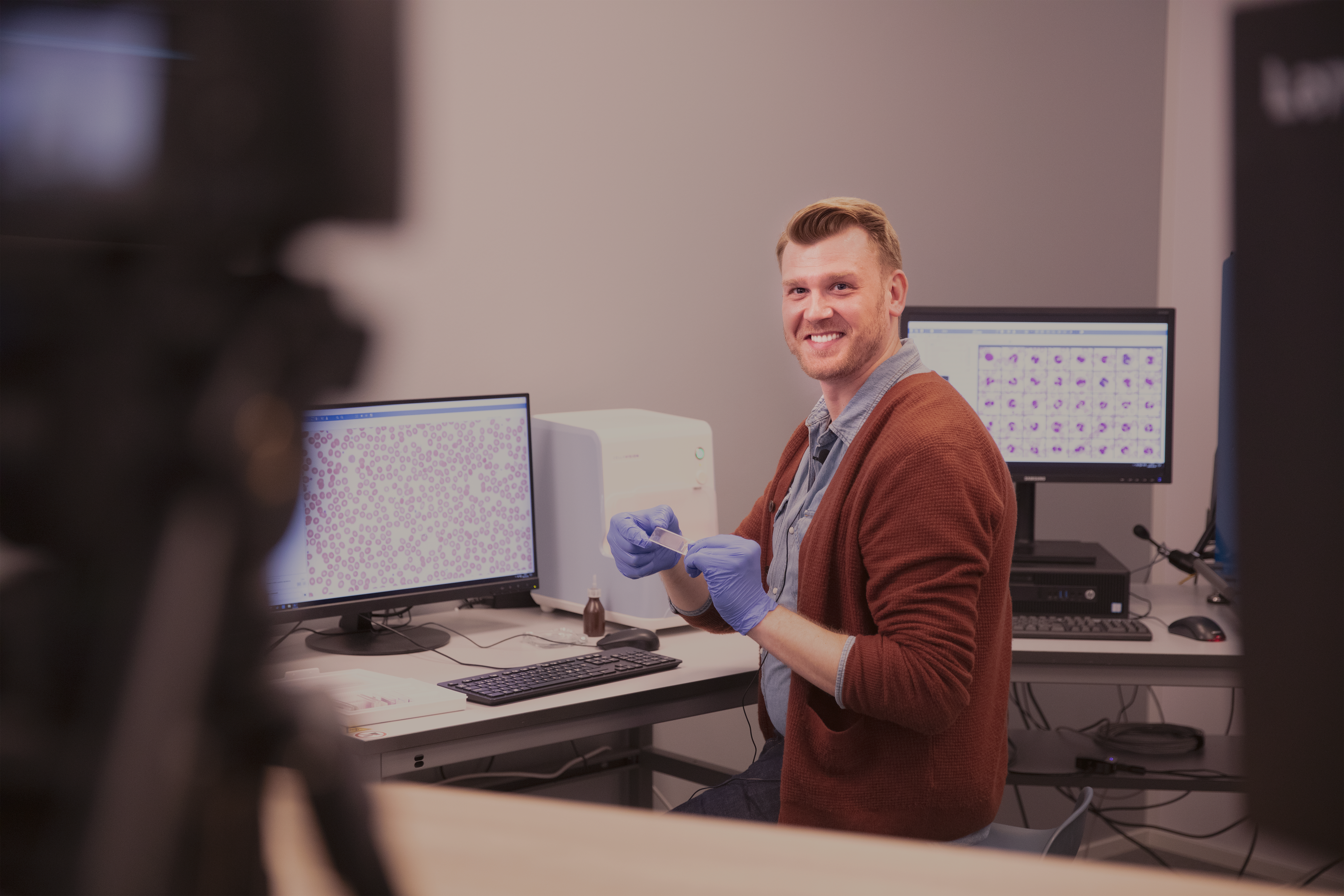CellaVision’s technology has become the gold standard in digital cell morphology, rapidly facilitating the transformation away from manual, time consuming, costly, and resource heavy processes, to utilising AI that can effectively identify and categorise cells at a faster and higher production rate, enabling lab technicians to sort and assess bloodlines at scale with ease. As the benefits and impacts of CellaVision’s technology have become evident, so too has the demand; and now their products are being used on five continents, with a network of sales and technical staff supporting hospitals and labs.

Like many Swedish companies, CellaVision started their global expansion locally, first close to their home base in southern Sweden and into Denmark. But a strategic plan was needed to maximise the potential of markets abroad.
Magnus Blixt, CellaVision’s CFO says: “Our products are an investment, for many hospitals or labs, they need to understand how our solutions fit into their wider processes. We quickly realised we needed to collaborate with global companies who serve blood labs so we could be part of collective tender bids. This meant working on the timing of our product launch and positioning in a new market.
We also transitioned from being a B2C to a B2B company, and our needs on the ground in each market changed too. Our business model changed so we stripped down our admin and outsourced our local needs to Business Sweden.“We also transitioned from being a B2C to a B2B company, and our needs on the ground in each market changed too. Our business model changed so we stripped down our admin and outsourced our local needs to Business Sweden.”
Going lean while scaling-up
CellaVision’s first global market success was in the US and Canada, using an approach that suited their B2C business model with local legal and administration units and service teams. But when this changed and their sales reverted to being direct from Sweden and they adopted a model to train their business partners to service their equipment, what was left was admin and employment support. This is where Business Sweden have become an invaluable partner.

The model we have developed with Business Sweden has proven successful, explains Magnus Blixt:
“Business Sweden employ local staff for us, taking care of the practical, contractual, and legal details; this way we know we are compliant with local rules, but the approach is also aligned with how we work, reducing our overall costs and admin in each market. Our staff also have physical desks and office space within the Business Sweden office, because we often only have one or two local people in each market.
This model works. We expand to two or three new countries each year, so we can copy/paste this approach and use the knowledge from Business Sweden to do it quickly and efficiently.“We don’t have to worry about dealing with banking and expenses, working out pensions, understanding VAT, or what is good practice - that is all done by Business Sweden.
“This model works. We expand to two or three new countries each year, so we can copy/paste this approach and use the knowledge from Business Sweden to do it quickly and efficiently.”
Focus on core business a priority
CellaVision’s approach means they can service customers in markets all around the world, without spending valuable time, money, and resources on local employment and administration tasks. By outsourcing this, they can focus more clearly on their core business: developing innovative haematology technology and solutions.

“Depending on the maturity of the market, our local staff can focus on aspects of our business that will deliver more value. Working with key opinion leaders, supporting the switch from analogue to digital, or developing software to enable further research and development,” states Magnus Blixt.
Global reach, local application
CellaVision and Business Sweden currently work together in 11 markets, with this number fluctuating as needs change. With a co-ordinated approach and application of knowledge of CellaVision’s business model, local Business Sweden teams can quickly get them up and running with staff, office space, and ongoing support.
“The key account approach has been very helpful for us, we have one contact and the whole process is streamlined,” concludes Magnus Blixt.
About CellaVision
Founded in 1994, CellaVision are at the cutting-edge of digital cell morphology offers the latest innovations for analysers, instruments, reagents, and software used in haematology laboratories. Their automated workflows cover blood and body fluid samples from humans and animals in haematology laboratories of every size.



